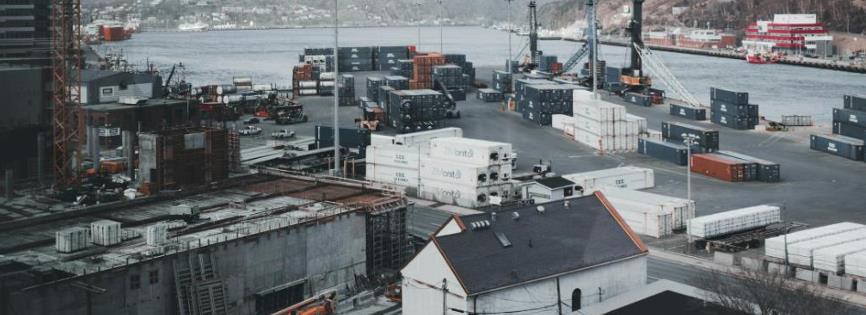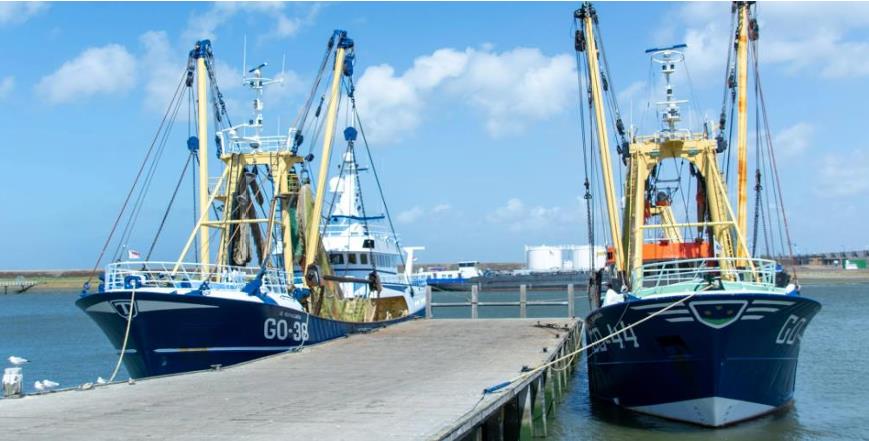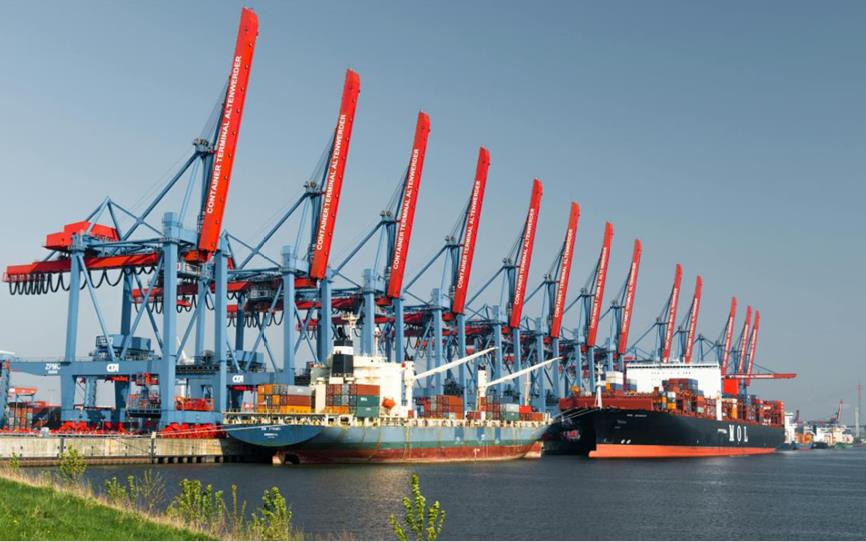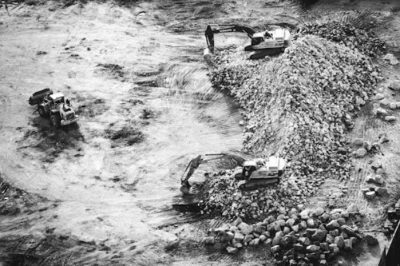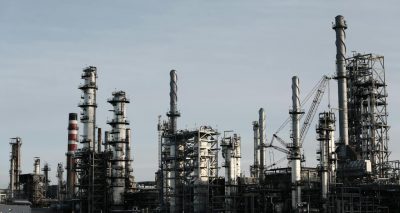Port terminals of the Danube. Slovakia. Austria. Germany
The Danube is the most international river on earth, which is also a huge transport axis, an important networked hydrological basin, and a world-famous ecological corridor.
As a transport axis, the Danube connects important purchasing, production, and sales markets of pan-European importance. The gradual integration of the countries bordering the Danube into the European Union has created dynamic economic zones and trade links along the waterway.
The Danube catchment area is home to numerous production facilities of the metallurgical, paper, oil, and chemical industries, as well as mechanical and automotive industries. Increasingly, the Danube is transporting not only traditional bulk cargoes but also project cargoes and higher-value general cargo. Due to its fertile soil, the Danube region is an important region for the cultivation of agricultural raw materials. They serve not only to supply urban agglomerations near the Danube but are also transported and processed along the Danube logistics axis. The Danube ports play a special role here as storage and processing sites, as well as centers for the collection and distribution of goods.
